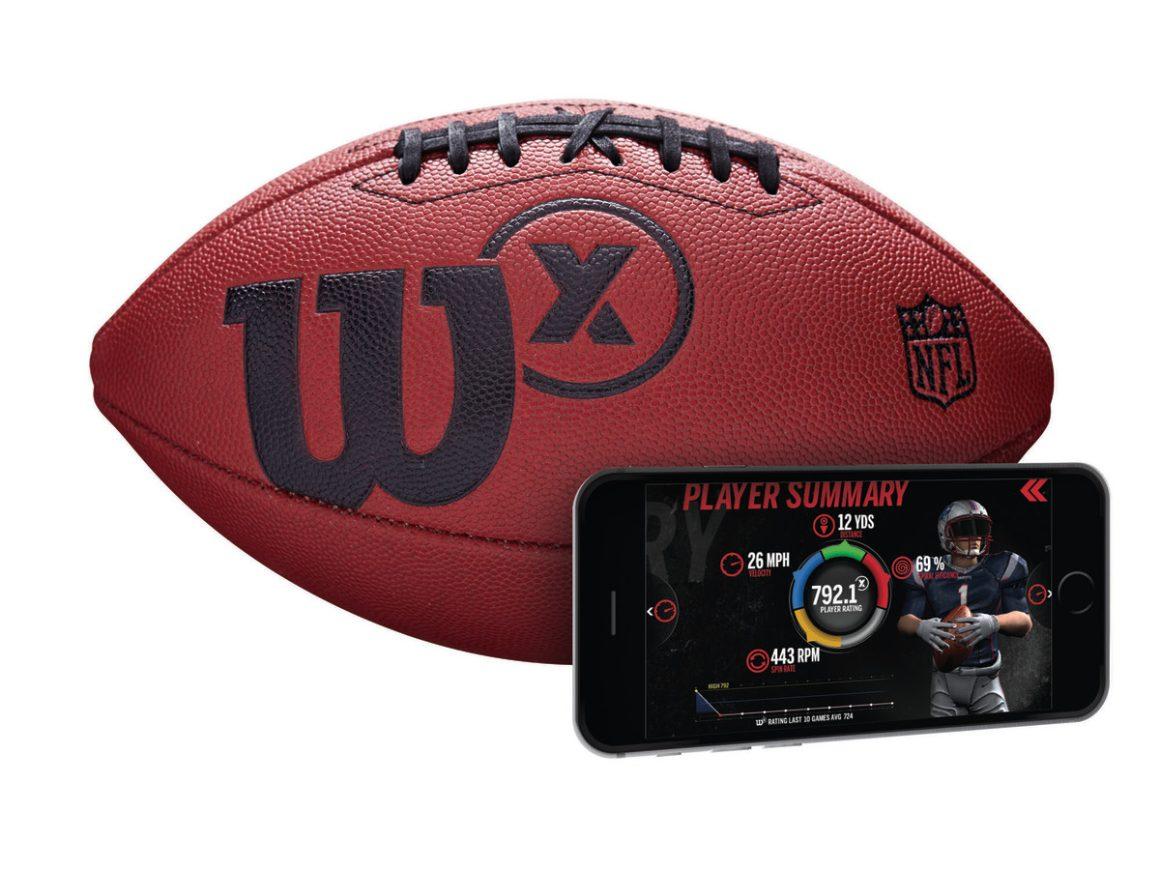Technology has impacted just about every facet of life in today’s world and we can only expect it to be more involved as the years roll by. The sports industry hasn’t remained untouched, with tech advances transforming certain areas, such as refereeing, training, and nutrition.
As sports and betting go hand in hand, the practice has also been impacted by technology, making it so that, no matter where you are in the world, you could place a bet by simply pulling out your smartphone. Of course, there are a few places that are still restricted but, thanks to technology, there are workarounds.
If you’re in a location such as Ontario, Canada, you’d have no such worries, and bookmakers such as Bet365 Ontario would have you covered.
Overall, though, technology has been a positive for sports and all that comes with it. Let’s take a look at some of the ways.
Training And Conditioning
Technology has fostered vast improvements when it comes to the training and conditioning of an athlete. Artificial intelligence has made it so that sportspersons could tailor their workouts to bring out the best in their performances.
Every athlete is different and has needs specific to them and certain advances make training a lot easier as it allows for catering to unique needs. One of the benefits is knowing exactly when they should take some downtime and when to push themselves.
Nutrition, as we know, is very important when it comes to such competitive activities and it’s now a whole lot easier to develop bespoke diet plans for athletes that take their body type, weight, and other physical conditions into consideration in order to come up with the best regimen.
Leveled the playing field
Back in the day, teams could only depend on referees and umpires, who had the final word on key occurrences. Nowadays, they could simply go to a replay that’s available immediately after the pertinent instance. Referees can also make informed decisions based on instant replays.
Soccer has benefited greatly from such technology over the years. There have been many controversial goals allowed and disallowed because the ball was ruled to have crossed the line when it didn’t or struck off when it actually did. This has become a thing of the past as there is a system in place that automatically detects whether a ball has gotten across the line or not, such controversies are well and truly over.
In more recent times, soccer has seen the introduction of VAR, or the Video Assistant Referee, which can help with the making or reversal of decisions on the pitch such as the awarding of penalties or measuring whether a player was offside when the ball was passed or not.
VAR still has a long way to go as it has not erased controversies on that front and may have actually made things more complicated given that human beings are still the ones making the checks. It’s gotten to the point where players are reluctant to celebrate goals for fear they might be ruled out after the VAR check.
“The first thing that VAR helps the referee decide is whether a goal should stand or be overturned,” an article from student-run website Ncclinked.com reads. “A player committing a foul before the goal or a player being offsides are just a couple of examples of why a referee could disallow a goal.
“This has been one of the most controversial things with the inclusion of VAR. On Feb. 4, a FA Cup game was played between Middlesbrough and Manchester United. In the 63rd minute, a Middlesbrough player controlled the ball with his hand and it led to a goal. VAR confirmed the goal because the player that touched the ball wasn’t the one that scored. This led to people on Twitter questioning the point of VAR. Former Manchester United player Rio Ferdinand tweeted “What’s the point of VAR…” Broadcaster Piers Morgan, tweeted “We all saw that flagrant handball. VAR is such a pathetic joke.”
All in all, though, VAR has been greatly beneficial to the sport.
Sports such as tennis have almost eliminated human error with tech like the hawk-eye camera.
Access
Sports fans no longer have to depend on cable to watch their favorite teams play. Whereas television ruled the day in times past, fans now have access to a myriad of streaming options that are cheaper than cable and allow them better access.
These include services like NBA League Pass, NFL Pass, DAZN, FuboTV, Sling TV, ESPN+, etc. Highlights are often available via social media outlets such as Facebook and Twitter almost immediately after taking place. The advent of social media has also empowered athletes, who now have a more powerful voice as they don’t have to depend on mainstream networks to say what they want to. Of course, it also presents a bit of a problem as they can get themselves in hot water due to their activity there and have an even greater responsibility when it comes to being role models.






